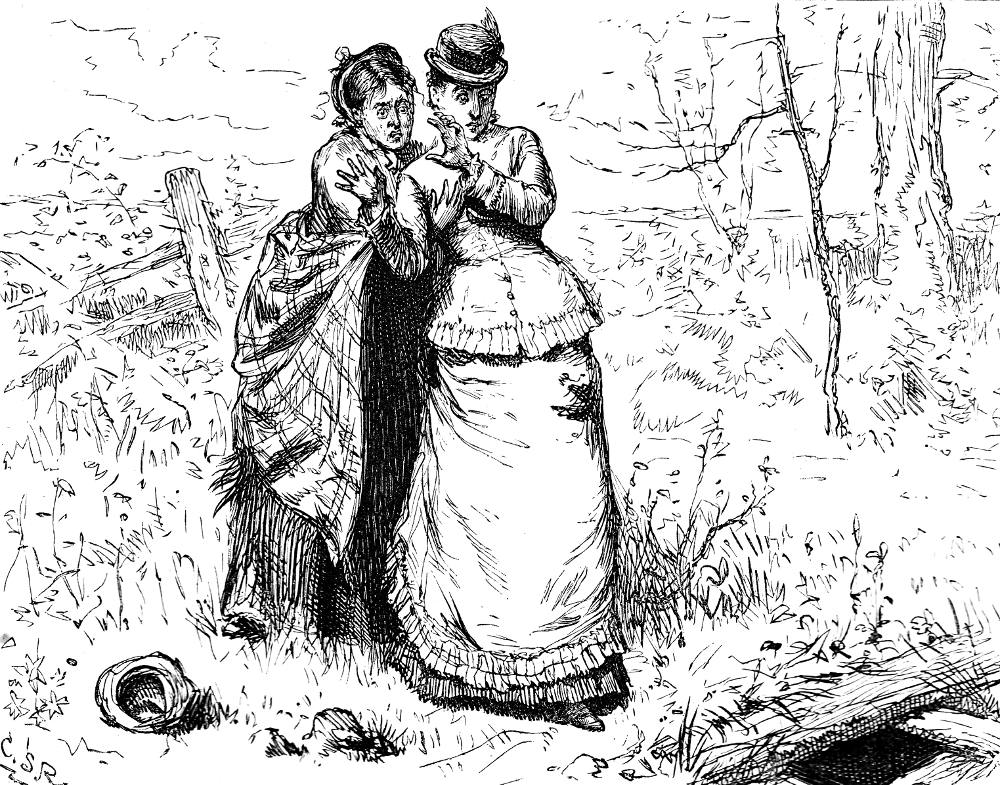
Thursday
I haven’t written about the environment recently so I report today on an article about irresponsible coal companies. My English professor son Toby Wilson-Bates alerted me to it and then, very smartly, linked it with Charles Dickens’s Hard Times.
The article, “The Coal Is Gone but the Mess Remains,” is both discouraging and unsurprising. According to Bloomberg reporters Josh Saul, Zachary R. Mider and Dave Mistich, coal companies have found various ways to wriggle out of their commitment to restore land that they’ve destroyed, leaving behind blighted landscapes and ruined homeowners. Their escape hatches include creative use of bankruptcy laws and the unloading of land parcels to smaller and less profitable companies. Often costs which the coal companies should have paid, including pensions and medical bills (especially for black lung) are shifted to American taxpayers. Clean-up that was supposed to happen never happens.
Which brings us to Dickens. There we see coal companies that, despite locking the city of Coketown in a perpetual “shroud…which appeared impervious to the sun’s rays,” find various ways to escape regulation. Their most potent weapon is the threat they will go out of business, which they wield the way Vladimir Putin wields the threat of nuclear strikes. I’ve posted on this in the past, but because the passage captures so accurately present-day corporate whining, here it is again:
Surely there never was such fragile china-ware as that of which the millers of Coketown were made. Handle them never so lightly, and they fell to pieces with such ease that you might suspect them of having been flawed before. They were ruined, when they were required to send labouring children to school; they were ruined when inspectors were appointed to look into their works; they were ruined, when such inspectors considered it doubtful whether they were quite justified in chopping people up with their machinery; they were utterly undone, when it was hinted that perhaps they need not always make quite so much smoke. Besides Mr. Bounderby’s gold spoon which was generally received in Coketown, another prevalent fiction was very popular there. It took the form of a threat. Whenever a Coketowner felt he was ill-used—that is to say, whenever he was not left entirely alone, and it was proposed to hold him accountable for the consequences of any of his acts—he was sure to come out with the awful menace, that he would ‘sooner pitch his property into the Atlantic.’ This had terrified the Home Secretary within an inch of his life, on several occasions.
And then, with the savage sarcasm for which he is famous, Dickens provides reassurance:
However, the Coketowners were so patriotic after all, that they never had pitched their property into the Atlantic yet, but, on the contrary, had been kind enough to take mighty good care of it. So there it was, in the haze yonder; and it increased and multiplied.
The passage Toby had in mind, however, is what happens to abandoned mines. The answer: they are just, well, abandoned, with no regard for public safety. As a result, miner Stephen Blackpool—who is hurrying back to Coketown to restore his good name—falls down the appropriately named Hell Shaft. Because the entrance is hidden in the grass, Hell Shaft also almost claims the two women who have gone looking for him.
Before Stephen passes away, however, he delivers a monologue about all the deaths that Hell Shaft has caused—first as an active mine and then as one that is “let alone”:
‘I ha’ fell into th’ pit, my dear, as have cost wi’in the knowledge o’ old fok now livin, hundreds and hundreds o’ men’s lives—fathers, sons, brothers, dear to thousands an’ thousands, an’ keeping ’em fro’ want and hunger. I ha’ fell into a pit that ha’ been wi’ th’ Firedamp crueller than battle. I ha’ read on ’t in the public petition, as onny one may read, fro’ the men that works in pits, in which they ha’ pray’n and pray’n the lawmakers for Christ’s sake not to let their work be murder to ’em, but to spare ’em for th’ wives and children that they loves as well as gentlefok loves theirs. When it were in work, it killed wi’out need; when ’tis let alone, it kills wi’out need. See how we die an’ no need, one way an’ another—in a muddle—every day!’
Blackpool, being a saintly soul, doesn’t blame anyone. As Dickens puts it, he expresses these sentiments “without any anger against anyone. Merely as the truth.” But Dickens is angry and so are the authors of the Bloomberg article. The truth about how the abandoned mines continue to disrupt the lives of West Virginia residents is shocking.
Or perhaps not shocking since few people in positions of power these days appear to be held accountable for their actions. That is certainly the case with many coal mine owners. John Stoehr, who writes a daily essay for Editorial Board, recently observed that the phrase “everyone is equal before the law” is not, and has never been, America’s reality.
Instead, he says, we must see it as an aspiration, which is not nothing. Novels like Hard Times and articles like the Bloomberg piece are driven by that aspiration.

